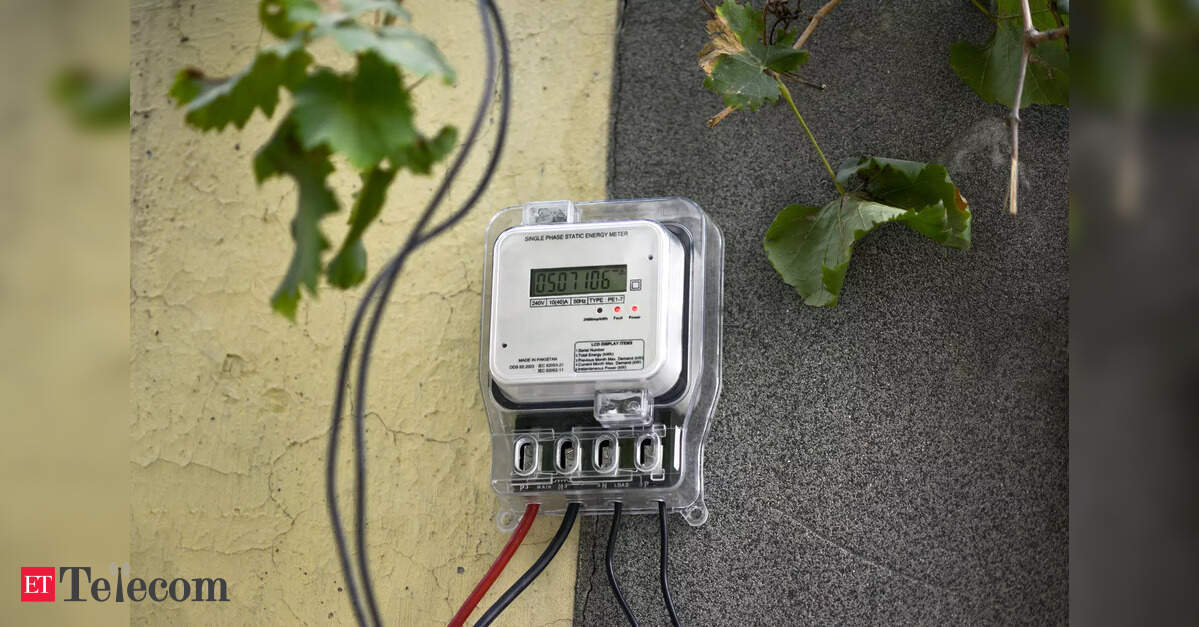Samia lays accent on tax
PRESIDENT Samia Suluhu Hassan has directed all councils across the country to enhance their efforts in collecting taxes and levies, emphasising the need for Tanzania to strengthen its financial independence and reduce reliance on donor funding.
Speaking at a public rally in Bariadi Town on the fourth day of her working tour of Simiyu Region yesterday, President Samia noted that although councils receive substantial funding from the central government, their contributions from internal revenue sources remain disproportionately low.
“Our councils receive a lot from the central government but contribute very little. Strengthening levy collection is crucial for our development to move forward,” she said.
President Samia stressed that domestic resource mobilisation is essential in the face of global uncertainties, including conflicts and fluctuating fuel prices, which affect international funding and economic stability.
“The world is unpredictable, with ongoing conflicts and rising prices of essential commodities. This is why we must strengthen our internal revenue collection to finance our own development and reduce dependency,” said President Samia.
“The world is unpredictable, with wars and price hikes in essential commodities. That is why we must strengthen our internal revenue collections, so we can fund our own develop ment and reduce dependency,” President Samia said.
This is not the first time the president has made such a call. In March this year, while opening the 39th Annual General Meeting of the Association of Local Authorities of Tanzania (ALAT), she similarly urged councils to innovate and broaden their revenue base.
During her address in Bariadi yesterday, President Samia urged all economic stakeholders, including large and small business owners and livestock keepers to pay taxes and fees faithfully, as a civic duty contributing to national progress.
“Everyone must do their part. Businesspeople and livestock keepers should ensure they pay their levies. These contributions are vital to our development,” she said.
The president’s renewed call for fiscal discipline came as she inaugurated several key development projects, including new factories, schools, and upgraded power infrastructure in Simiyu Region, all aimed at boosting local economies and improving services.
During her tour, President Samia inaugurated several key development projects, reflecting efforts to boost Simiyu’s contribution to regional economic activities, particularly in cotton processing and agro-industrial development.
Among the projects launched were new regional government offices, a new Tanzania Revenue Authority (TRA) office, Bariadi District Council office complex, cotton and seed processing factories, a water pipe manufacturing plant and a chalk factory serving national demand.
“These industries mean cotton grown here will now be processed locally, adding value and creating jobs,” she told a cheering crowd in Maswa District during the launch of Shree Ragendra Seed Cotton Processing Plant, which has a capacity of processing 350 tonnes per day.
She urged industrialists to prioritise local procurement to guarantee farmers a reliable market for their produce.
“These industries must support our farmers by ensuring their crops are bought and processed locally,” she added.
Simiyu is expected to process 275,000 tonnes of seed cotton annually, with Maswa District contributing 65,000 tonnes.
Dr Samia also praised Maswa District Council for achieving 96 per cent of its revenue collection target, directed local leaders to allocate additional land to support raw material storage for the new chalk factory.
President Samia laid a foundation stone for the Mwamapalala Vocational Secondary School in Itilima District, one of 26 vocational schools under construction nationwide, as part of reforms to align education with practical skills and job creation.
“We are changing the direction of our education system. A student completing secondary school should have practical skills for selfemployment or employment,” she said.
Minister for Education, Professor Adolf Mkenda said the schools are part of a national plan to build 103 vocational institutions, with 26 set to open by January 2026.
“Graduates from these schools will receive certificates allowing them to proceed to diploma and advanced training,” he added.
Speaking on the same occasion, Minister of State in the President’s Office (Regional Administration and Local Government), Mr Mohamed Mchengerwa, said the government is investing 41.6bn/- to construct the 26 new vocational schools, with Mwamapalala school alone costing 1.6bn/- .
He added that the government has deliberately brought these schools closer to communities to ease student access and reduce dropout rates.
Simiyu Regional Commissioner, Mr Kenani Kihongosi said the region will benefit from a 97bn/- electricity substation project, which will eliminate power outages and connect the region to the national grid by 2026.
President Samia also encouraged residents to make use of the Standard Gauge Railway (SGR) and its major station at Malampaka to access wider markets.
“These transformative projects—from factories and vocational schools to power infrastructure—will accelerate Simiyu’s economic growth and improve lives,” she said.












